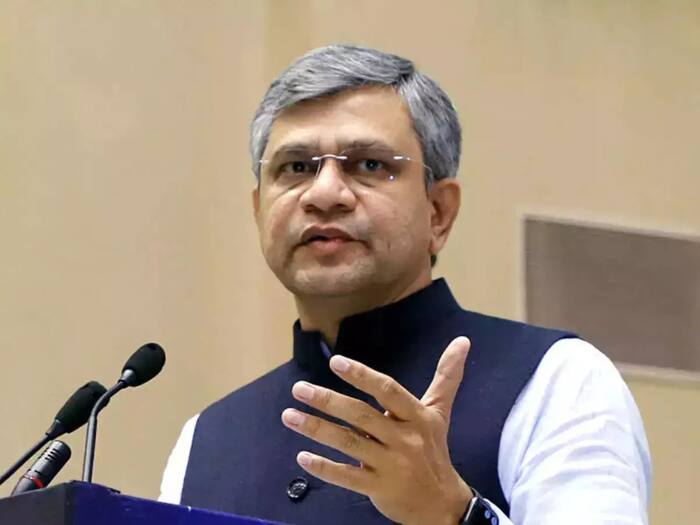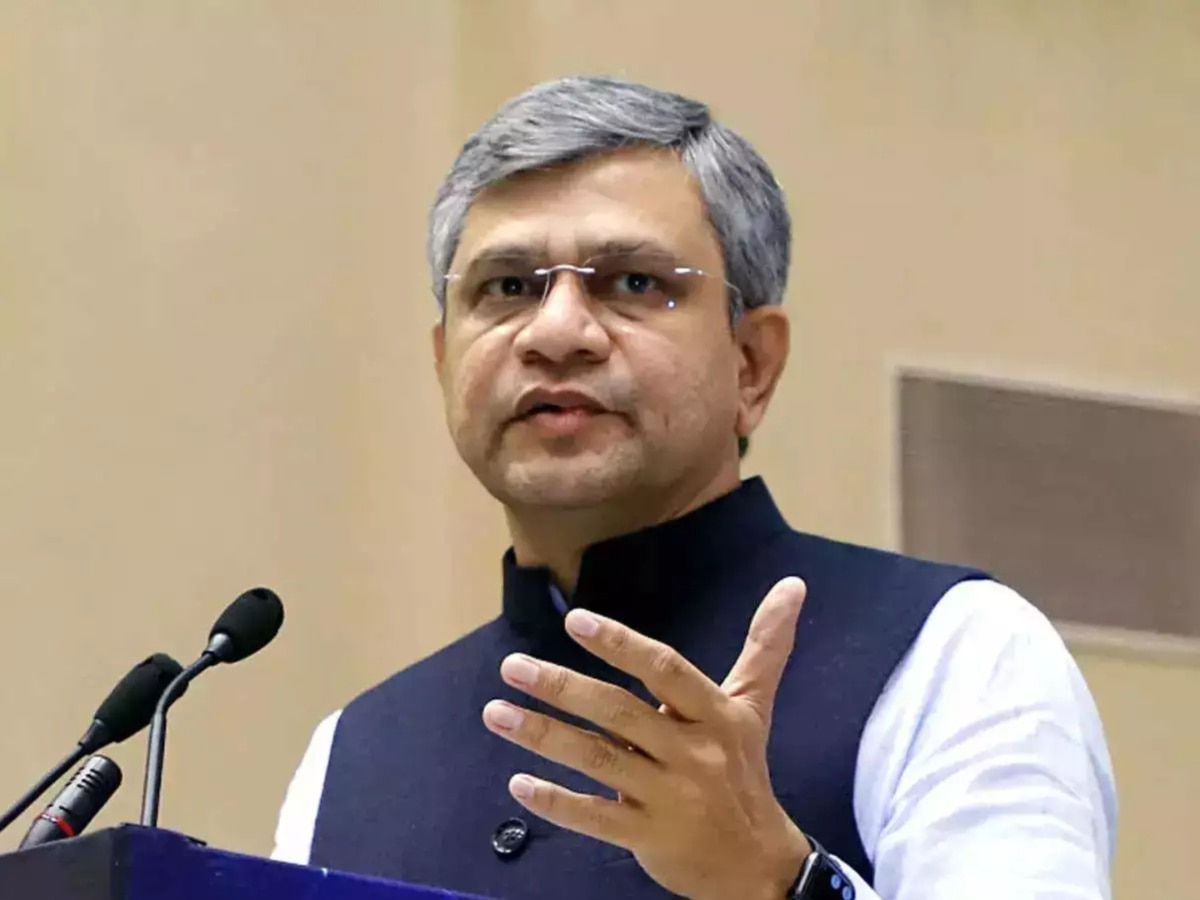Union Minister Ashwini Vaishnaw asserted that the Narendra Modi government is taking concrete steps to preserve and promote classical languages and safeguard their rich heritage.

The Central government on Thursday conferred the ‘classical language’ tag to five Indian languages — Marathi, Pali, Prakrit, Assamese and Bengali. The decisions to confer the classical language status to these languages was taken at a meeting of the Union Cabinet chaired by Prime Minister Narendra Modi.
“This is a historical decision and this decision goes very well with Prime Minister Narendra Modi and the NDA government’s philosophy of taking pride in our culture, taking pride in our heritage and taking pride in all the Indian languages and the rich heritage that we have,” said Information and Broadcasting Minister Ashwini Vaishnaw while addressing a cabinet briefing.
Vaishnaw asserted that the Narendra Modi government is taking concrete steps to preserve and promote classical languages and safeguard their rich heritage.
“Till now, we had Tamil, Sanskrit, Telugu, Kannada, Malayalam and Odia were the notified classical languages. The central government is taking concrete steps to conserve and promote the classical languages and to preserve the rich heritage of these languages,” the minister said.
‘Classical languages custodian of Bharat’s heritage’
In official statement, the government said that classical languages serve as a “custodian of Bharat’s profound and ancient cultural heritage, embodying the essence of each community’s historical and cultural milestone.”
As per the statement, a proposal was received by the ministry from the Maharashtra government in 2013, requesting classical language status to Marathi, which was forwarded to the Linguistics Experts Committee (LEC), which later recommended Marathi for classical language.
During the inter-ministerial consultations on the draft note for cabinet in 2017 for conferring classical status to the Marathi language, the MHA advised to revise the criteria and make it stricter. The PMO vide its comment stated that the ministry may conduct an exercise to find out how many other languages are likely to become eligible.
It said that in the meantime, proposals from Bihar, Assam and West Bengal was also received for conferring status of classical language to Pali, Prakrit, Assamese and Bengali.
Accordingly, the Linguistics Experts Committee (under Sahitya Akademi) in a meeting on July 25, 2024 unanimously revised the criteria as below. The Sahitya Akademi has been appointed as nodal agency for the LEC, the government informed.
The inclusion of languages as Classical Language will create significant employment opportunities, particularly in academic and research fields, the statement said.
Additionally, it said the preservation, documentation and digitization of ancient texts of these languages will generate jobs in archiving, translation, publishing and digital media.
The primary states involved are Maharashtra (Marathi), Bihar, Uttar Pradesh and Madhya Pradesh (Pali and Prakrit), West Bengal (Bengali) and Assam (Assamese), while the broader cultural and academic impact will extend nationally and internationally.
Notably, assembly elections are due later this year in Maharashtra and this was a major poll issue in the state.
On October 12, 2004, the Government of India decided to create a new category of languages as “classical languages”, declaring Tamil as classical language and thereafter Sanskrit, Telugu, Kannada, Malayalam and Odia languages were given classical language status.
(With PTI inputs)

